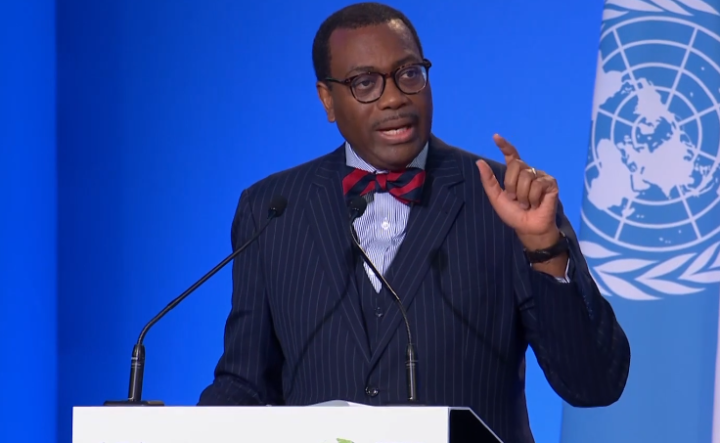Akinwumi Adesina, President of the African Development Bank (AfDB), has revealed that Africa will require 56 million new homes to address the continent’s housing shortfall.
Speaking during an exclusive interview published on the AfDB’s website, Adesina highlighted the continent’s pressing housing needs alongside its untapped investment opportunities. He emphasized that Africa, with 65% of the world’s remaining arable land and a youthful population of 477 million people under the age of 35, is poised for rapid economic growth and urbanization.

“Africa is the world’s fastest-urbanizing region. Housing demand will surge – approximately 56 million new homes need to be built, representing a significant market opportunity,” he stated.
Adesina also stressed Africa’s role in the global energy transition, citing its wealth of critical minerals such as lithium, cobalt, and copper, essential for clean energy technologies. To attract global investments and showcase these opportunities, the AfDB launched the Africa Investment Forum (AIF), which connects financial ecosystems across Africa, Europe, America, and Asia.
Major Achievements at AfDB
Reflecting on his tenure at the AfDB, which is set to end in May, Adesina noted that the Bank’s capital base has tripled under his leadership, rising from $93 billion in 2015 to $318 billion. He emphasized that the Bank has become a globally recognized institution, being named the world’s most transparent financial institution for two consecutive years.

The AfDB has also spearheaded initiatives such as “Mission 300,” developed in collaboration with the World Bank, to connect 300 million Africans to electricity. Additionally, the Bank mobilized $35 billion in 2023 despite global economic challenges.
Call for Fair Resource Distribution
Adesina criticized multinational corporations for failing to pay taxes in Africa, despite extracting the continent’s natural resources. He advocated for a reformed global tax regime to ensure African countries benefit fairly from their assets.
“When companies operate in Europe or the United States, they pay taxes there. Why shouldn’t they pay taxes in Africa?” Adesina questioned, adding that the AfDB supports nations with legal resources to strengthen tax systems and debt management.
The Bank has also launched the Green Infrastructure Alliance, aiming to mobilize $10 billion for eco-friendly development.
As the AfDB moves into its next decade with a strategy focusing on public-private collaboration, Adesina emphasized the importance of the private sector in addressing Africa’s development challenges.
“With innovative financing and strong partnerships, Africa can unlock its full potential,” he concluded.



